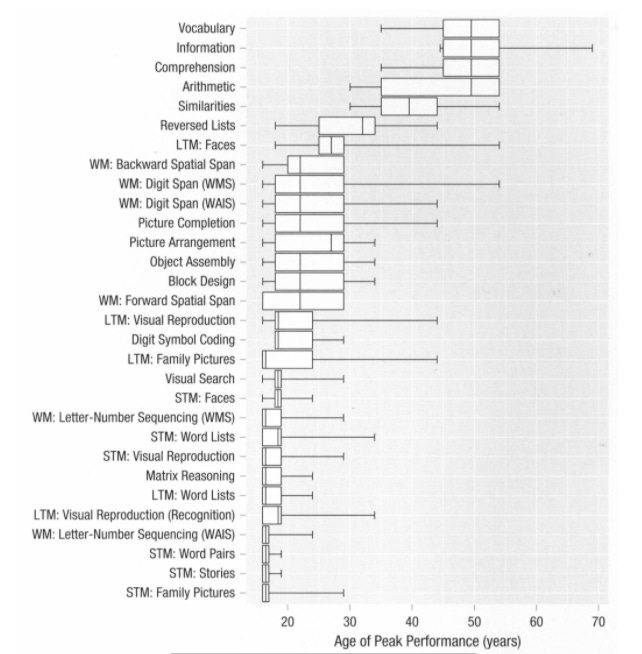In her salon on curation, Patricia challenged the participants to imagine how they might arrange a gallery. This gave me the chance to mention a fantasy exhibition which I have occasionally toyed with. It would gather together works which share a particular aesthetic, of “endless growth and self-reproduction”. I would start with some 18th-century etchings by Piranesi, and end with the cheerily nightmarish animations of Cyriak.
Piranesi lived in Rome, and made a living by selling his etchings of Roman architecture to young aristocrats on the ‘Grand Tour’ of Europe. Presumably he got bored of real buildings, because at some point he turned to drawing elaborate architectural fantasies

The most famous description of the Carceri is by a man who never saw them. Literary drug-fiend Thomas de Quincey was struggling to describe the “mighty visions of more than earthly splendour” which appeared to him in opium-fuelled dreams.
Fortunately, Piranesi’s etchings had been described to de Quincey by his friend and fellow addict Samuel Taylor Coleridge1. de Quincey recognized a picture which matched his dreams, with “vast Gothic halls, on the floor of which stood all sorts of engines and machiner,… expressive of enormous power put forth and resistance overcome”. And, homing in on what to me is the key to Piranesi, he wrote of the endless growth and self-reproduction represented by the stairways repeating themselves into infinity

Had de Quincey been living in another time, he might have found his “endless growth and self-reproduction” elsewhere. He could look at Cyriak, who has become a Youtube star by making animations of just that.
It’s not quite the same. Cyriak uses cats where Piranesi uses towers, and replaces monochrome etchings with a style that is Very. Not. Monochrome. But couldn’t you imagine de Quincey dreaming a Cyriak video, if his cat jumped on him in the night?
My fantasy exhibition, then would have Piranesi and Cyriak as bookends. Between then would be any number of other artists who share the same fractal horror.
MC Escher would be hard to omit. His optical illusions form enclosed and inescapable worlds, whose human figures are prisoners of the artist’s impossible geometry2.

For me, though, something about the cleanness of Escher’s illustrations renders them less unsettling. Piranesi’s vision feels more like an anthill or an oil refinery. You feel that the outward disarray may indeed be the result of some ancient masterplan, but that it has been submerged under generations of repair and modification.
The work which most shares this aspect of Piranesi is Gormenghast, Mervyn Peake’s trilogy of novels set in an uncanny aristocratic mansion of the same name, where the inhabitants lead lives of strange ritual in service of the house and its lord.
Gormenghast forms an enclosed world of barely-understood tradition and hierarchy, with the present always buried under the physical and mental detritus of the past. Everywhere is gothic and grotesquely distorted, a dustily English mirror of magic realism.
The books’ central obsession is with the physical architecture of Gormenghast itself, the embodiment of whatever ancestral pathology has left this world endlessly collapsing in on itself. Gormenghast has spent centuries simultaneously decaying and growing new appendages, trapping its inhabitants within a tumor of stone turned cancerous. Peake’s opening lines could just as well be describing Piranesi’s prisons or de Quincey’s nightmares:
Gormenghast, that is, the main massing of the original stone, taken by itself would have displayed a certain ponderous architectural quality were it possible to have ignored the circumfusion of those mean dwellings that swarmed like an epidemic around its outer walls. They sprawled over the sloping earth, each one half way over its neighbour until, held back by the castle ramparts, the innermost of these hovels laid hold on the great walls, clamping themselves thereto like limpets to a rock. These dwellings, by ancient law, were granted this chill intimacy with the stronghold that loomed above them. Over their irregular roofs would fall throughout the seasons, the shadows of time-eaten buttresses, of broken and lofty turrets, and, most enormous of all, the shadow of the Tower of Flints. This tower, patched unevenly with black ivy, arose like a mutilated finger from among the fists of knuckled masonry and pointed blasphemously at heaven.
There are many more creations which reflect some of this aesthetic. SF artists such as Inward or Maciej Drabik explore cityscapes of immense buildings, but without Piranesi’s sense of weight and dread. HR Giger brings the dread, but his focus is more on the monstrous fusion of flesh and machine. JG Ballard’s architectural horror is somehow more human, or at least more interested in what buildings do to their inhabitants. H R Giger’s nightmares don’t just trap creatures between their walls, but make them components of the architecture.

Few of these were directly influenced by one another. They have mostly stood on the edges of their tradition, half-accepted by their peers but also seen as curiosities or exceptions. Yet somehow the same obsession keeps cropping up, giving us these depictions of endless growth and self-reproduction.
1 Coleridge also shared with de Quincey a tendency towards drug-induced architectural fantasies. His poem Kubla Khan, composed on waking from an opium dream, is a vision of the architecture of Xanadu.
2 The game Monument Valley has a very similar feeling. It was apparently made by somebody who had never heard of Escher, yet created a world which feels like navigating an Escher drawing.

